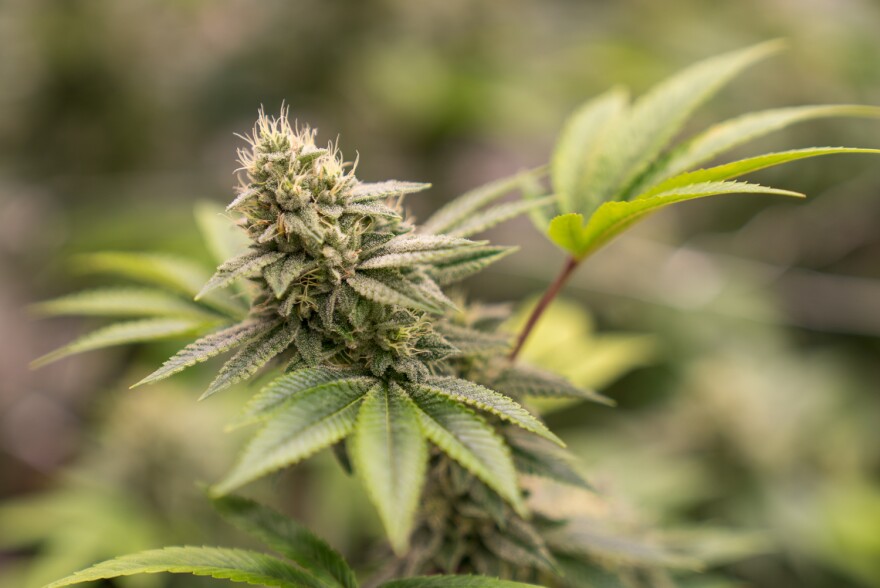Employers in Missouri may face many of the same challenges surrounding legal recreational marijuana as their Illinois counterparts.
Possession and consumption of the drug without a medical card will still be illegal in Missouri in the new year. But there’s nothing limiting residents from crossing the Mississippi River and consuming marijuana legally in Illinois as of Jan. 1.
St. Louis’ position right next to Illinois means employers in the city and surrounding counties have to wrestle with legal recreational cannabis even though Missouri prohibits it, said Narcisa Przulj, a partner at the Sandberg Phoenix law firm.
“It’s not about someone taking some trip to Colorado at some point — that happens rarely,” she said. “It’s about the fact that anybody can be in Illinois over the weekend using cannabis legally.”
Unlike Illinois, employers in Missouri don’t have much guidance on what they can and can’t do since recreational marijuana is still illegal in the state, Przulj said.
“The question becomes for employers. ‘Even though you can test and you can prohibit recreational use of cannabis, do you really want to?'” she said.
To test or not to test
To be clear, a company can still fire or not hire someone for failing a drug test in Missouri. But some employers may not want to be so strict, said Mitch Meyers, CEO of BeLeaf, an Earth City-based producer of CBD hemp oil products.
“Right now, unemployment is very low,” she said. “If people are trying to hire workers and someone wants to enjoy cannabis, but gets tested and fails a drug test, those companies are going to struggle finding the best employees.”
The current tight labor market shifts power to workers, who can more easily decide not to work for a company with strict drug policies, Przulj said. In addition, the social stigma around marijuana use has subsided since states started legalizing recreational cannabis.
“Truthfully, this is the future,” Meyers said. “Many states are moving toward recreational [marijuana]. It’s forcing companies to rethink employment laws and drug testing.”
And those that are reconsidering are taking unexpected stances, like scrapping their testing for cannabis, Przulj said. She said she is surprised by the positions of some of her clients.
“Employers that are thinking this through are saying to themselves, ‘Why would I test for cannabis, when it’s as if you went across the river and had a couple of drinks?’” she said.
Individual companies still have the final say over drug use in the workplace, but they might want to adjust policies for different kinds of jobs, Meyers said. An example might be expectations for an office worker versus those for someone who operates machinery.
At a minimum, employers need to talk about marijuana in the workplace, Meyers said.
“They shouldn’t just put on blinders and say, ‘We don’t care; we’re going to do things the same way we’ve always done them,’” she explained. “It’s going to hurt their employee ranks.”
Companies should reconsider how to hire a strong workforce that may also use cannabis occasionally, she said.
Eric Schmid covers the Metro East for St. Louis Public Radio as part of the journalism grant program Report for America, an initiative of The GroundTruth Project. Follow Eric on Twitter: @EricDSchmid
Send questions and comments about this article to: feedback@stlpublicradio.org






